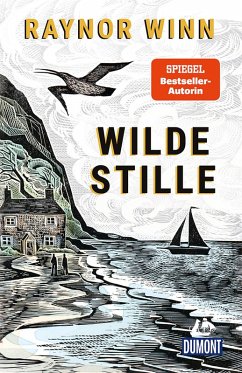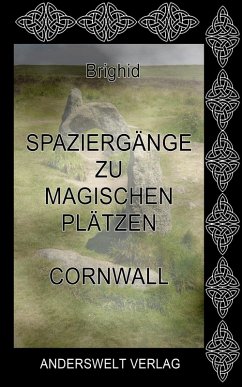
An Unsentimental Journey through Cornwall (eBook, ePUB)

PAYBACK Punkte
0 °P sammeln!
In "An Unsentimental Journey through Cornwall," Dinah Maria Mulock Craik presents a vivid and contemplative exploration of the Cornish landscape, characterizing her travels with a strikingly pragmatic lens. Through a combination of descriptive prose and keen social observations, Craik dismantles romanticized notions of the countryside, opting instead for a portrayal enriched with realism and authenticity. The work, published during the mid-19th century, reflects the burgeoning interest in regional tourism and the tension between industrialization and pastoral life, situating itself within the ...
In "An Unsentimental Journey through Cornwall," Dinah Maria Mulock Craik presents a vivid and contemplative exploration of the Cornish landscape, characterizing her travels with a strikingly pragmatic lens. Through a combination of descriptive prose and keen social observations, Craik dismantles romanticized notions of the countryside, opting instead for a portrayal enriched with realism and authenticity. The work, published during the mid-19th century, reflects the burgeoning interest in regional tourism and the tension between industrialization and pastoral life, situating itself within the wider context of Victorian literature that sought to examine the complexities of English identity and place. Craik, a notable figure of her time, was deeply influenced by her experiences as a travel writer, poet, and novelist. Her literary career was marked by an engagement with social issues, particularly concerning women and the working class, which likely inspired her candid approach in "An Unsentimental Journey." Having lived through significant societal changes, Craik's journey through Cornwall offers unique insights into not only the regional landscape but also the human condition, informed by her own struggles and observations. This book is a must-read for anyone interested in travel literature, regional studies, or Victorian social history. Craik's articulate narratives challenge preconceived notions while inviting readers to engage with Cornwall's rich heritage and contemporary life. Her blend of realism and empathy makes for an enriching journey that resonates with both modern travel enthusiasts and literary scholars alike.
Dieser Download kann aus rechtlichen Gründen nur mit Rechnungsadresse in A, B, BG, CY, CZ, D, DK, EW, E, FIN, F, GR, H, IRL, I, LT, L, LR, M, NL, PL, P, R, S, SLO, SK ausgeliefert werden.













